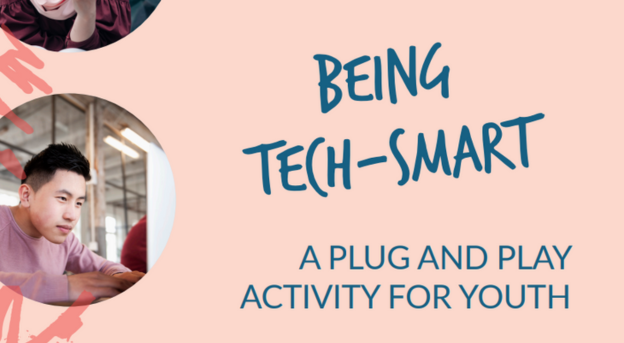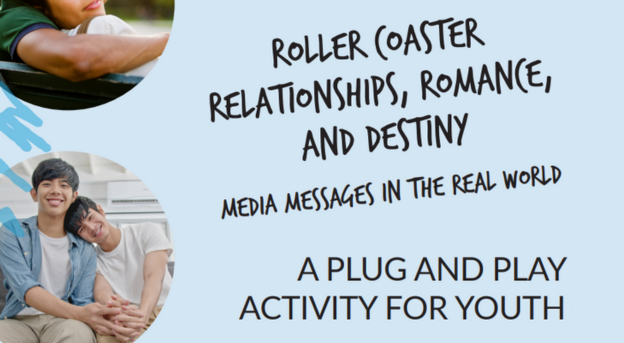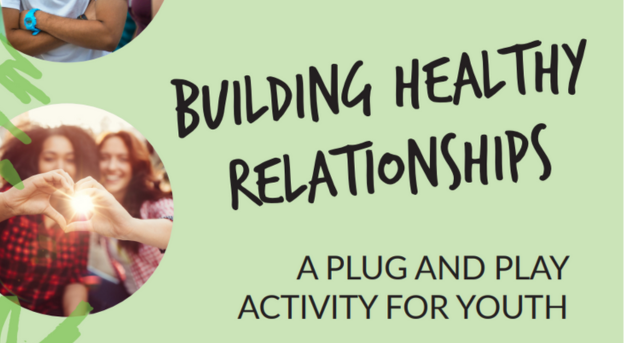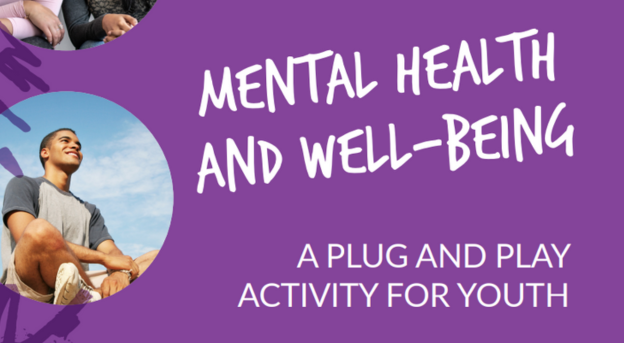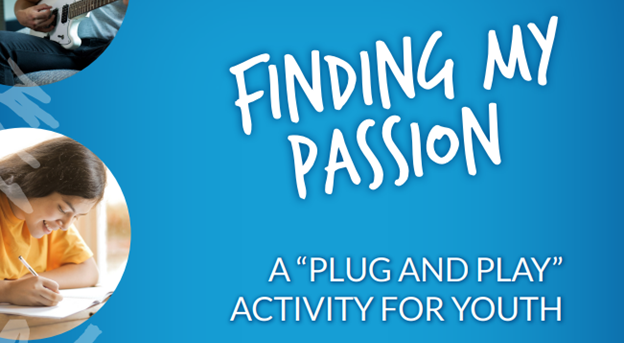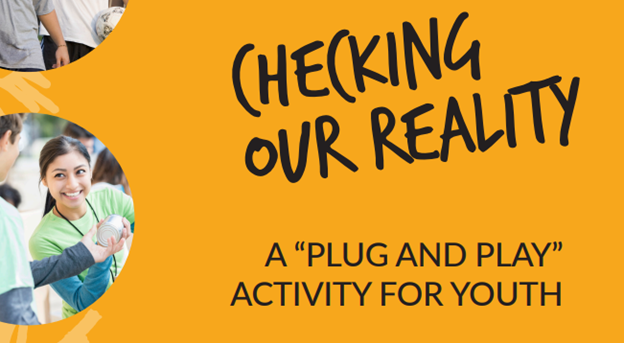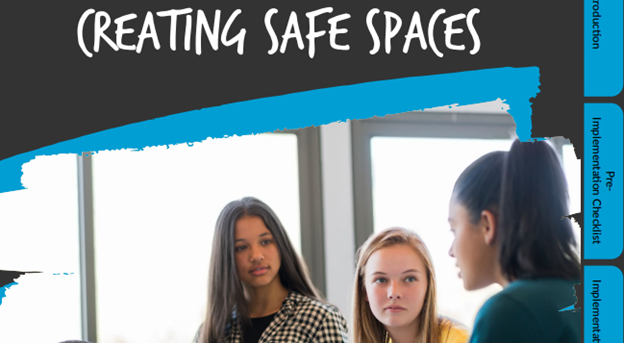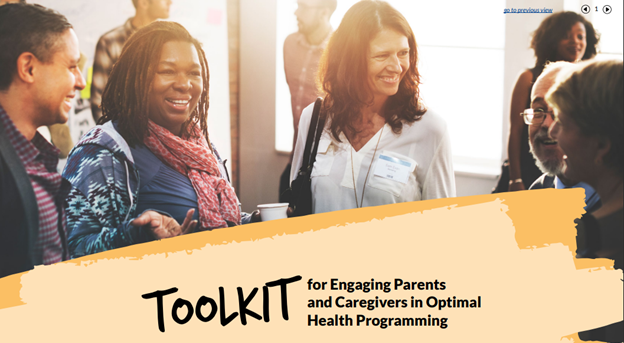With support from the Family and Youth Services Bureau, the We Think Twice™ campaign has developed a valuable set of resources for youth-serving professionals designed to strengthen prevention education and other youth development programs. This collection of resources includes classroom activities and interactive tools for integrating trauma-informed approaches into programming and engaging parents and caregivers.
We invite you to take advantage of these resources in your own work and share them among your professional networks.
To help you get started, we've provided easy-to-use promotional language you can share on your social media channels, blogs, newsletters, podcasts, and more! Click "Share this Resource" to see sample promotional text.
